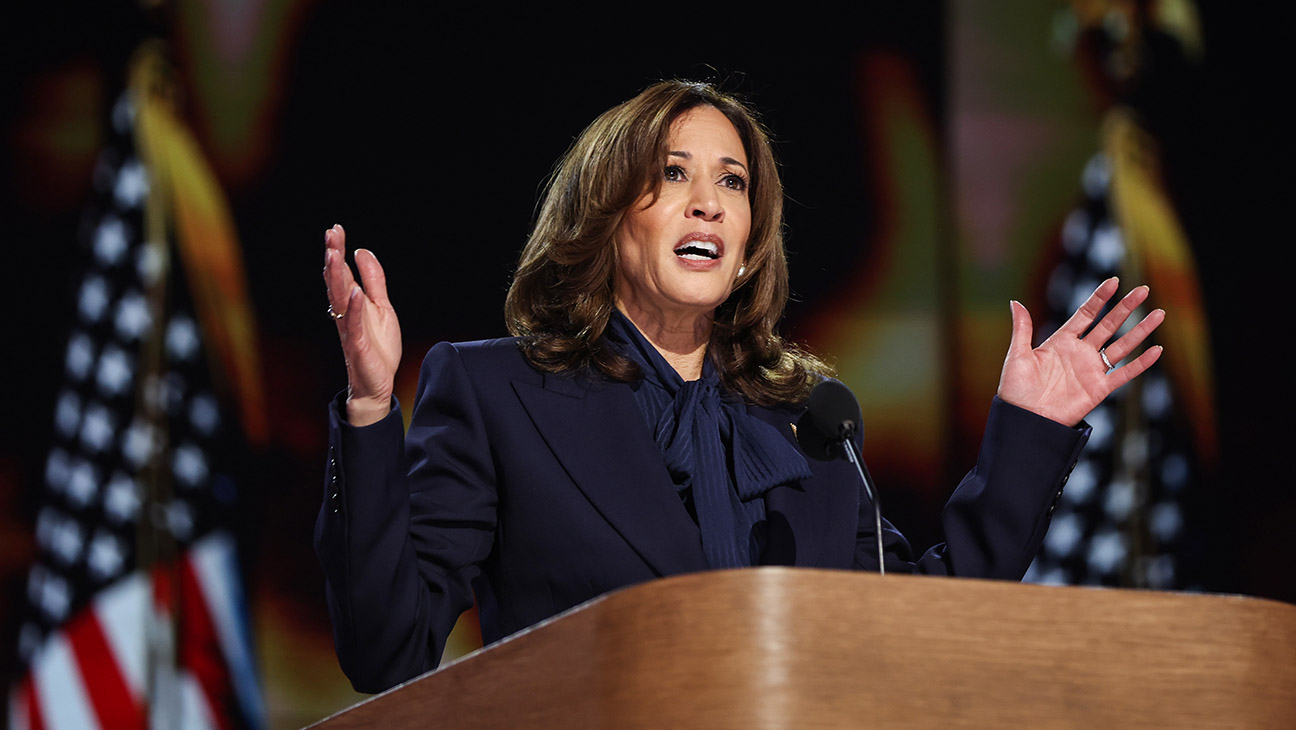Former Vice President Kamala Harris has made a definitive statement regarding her political trajectory, announcing she will not seek the California governorship in 2026. This significant decision immediately reshapes the landscape of both California state politics and national Democratic aspirations, leaving her path clear for a potential third bid for the White House in 2028.
In a candid address, Harris articulated her profound consideration for the state’s highest office, expressing deep affection for California, its people, and its inherent promise. Despite this strong connection to her home state, she conveyed that extensive personal reflection led her to conclude against entering the gubernatorial contest at this juncture, signaling a strategic focus on broader political horizons.
Her announcement effectively extends a protracted period of speculation surrounding her electoral future, a guessing game that commenced after her recent defeat in the 2024 presidential election. For months, Harris meticulously weighed various options, including a return to Sacramento, another ambitious White House campaign, or even a complete withdrawal from the demanding arena of electoral politics following a challenging national campaign cycle.
Had Harris chosen to enter the crowded race to succeed term-limited Governor Gavin Newsom, her established name recognition, formidable fundraising capabilities, and consistent record of statewide electoral victories would have positioned her as an immediate front-runner. However, after years operating on the national and international political stage as a U.S. Senator and Vice President, questions persisted regarding her genuine interest in transitioning back to the comparatively less glamorous realm of California statehouse affairs.
Democratic strategist Sean Clegg, a longtime confidante and adviser to Harris, confirmed that while the prospect of a gubernatorial campaign held considerable allure for the former Vice President, she ultimately opted to explore alternative avenues for public service. Among the diverse possibilities she has reportedly considered is the establishment of a nonprofit organization specifically designed to galvanize and engage younger voters, highlighting a commitment to civic participation beyond traditional political office.
Harris’s distinguished political career, particularly outside California, is characterized by a series of groundbreaking achievements alongside notable disappointments. Her initial pursuit of the 2020 Democratic presidential nomination concluded prematurely before the pivotal Iowa caucuses, marking her first significant electoral setback. Subsequently, her historic selection as Joe Biden’s running mate saw her become the first woman, Black person, and person of South Asian descent to hold the office of Vice President. In 2024, she again emerged as the Democratic presidential nominee after Biden’s withdrawal, ultimately losing to Donald Trump in a contest where she failed to secure any swing states.
Looking ahead to a potential 2028 presidential contest, Harris would face the formidable challenge of convincing a fractured national Democratic Party that she embodies its future, especially given her recent electoral defeat by Trump. Furthermore, her close association with the outgoing Biden administration, which faced increasing criticism and questions regarding its legacy and the President’s capabilities in his final term, presents an additional hurdle she would need to decisively overcome to rally widespread support.
Harris’s decision not to vie for the governorship keeps the race wide open, ensuring a competitive field of Democratic hopefuls vying for the opportunity to succeed Governor Newsom. Prominent contenders include former U.S. Representative Katie Porter, erstwhile Los Angeles Mayor Antonio Villaraigosa, former Biden administration health secretary Xavier Becerra, and several other incumbent state officeholders, all preparing for an intense primary battle.
Echoing the sentiments of many political observers, Antonio Villaraigosa, in a public statement, speculated that Harris’s overarching commitment to public service remains undiminished despite her recent decision. He suggested that her choice reflects an ongoing dedication to operating at the highest echelons of government, implying that her political journey is far from over and that a future national role remains a strong possibility.






Leave a Reply